Honda has decided to stay in Formula 1 after a long deliberation over whether it wanted to commit to the championship, ahead of a big regulation change in 2026.
After joining the grid a year late in 2015 for its first attempt at the turbo-hybrid formula, the manufacturer struggled in a painful three-year stint with McLaren, although blame for the failure and early termination of the deal was equal on both sides.
It would not be until 2019 that Honda would win in F1, through new partner Red Bull, with Max Verstappen going on to propel it to a first title in 2021 since Ayrton Senna in 1991, but the decision had been taken to withdraw at the end of '21 regardless of the result.
However, Honda realised it was missing out on the success with Red Bull, as its logos gradually found its way back onto Milton Keynes' finest, with the Honda-Red Bull Powertrains unit winning a record 15 straight races from the 2022 Abu Dhabi to 2023 Italian Grands Prix - a far cry away from the days of racking up grid penalties in triple figures.
Solving the biggest problems
Honda will continue to supply Red Bull through 2024 and '25 under the Red Bull Powertrains [RBPT] umbrella, before switching to Aston Martin for the '26 rules, which will feature an increase in electrical power and elimination of the MGU-H.
After Honda withdrew in 2021, Red Bull successfully lobbied for the engine regulations to be frozen so that no performance-related upgrades could be made until 2026. However, after deciding to pull out, Honda relocated a lot of personnel to other areas in the business.
This has created a headache for the bosses at Sakura as they attempt to build back to Honda's original F1 manpower and resources, which enabled it to take on, and beat, Mercedes at the height of its dominance during the hybrid era.
"It's the most difficult point for us," Honda F1 Project Leader Tetsushi Kakuda told media, including RacingNews365.
"But we are getting bigger resources and we have now already started the 2026 programme."
Production of its current power units is split between the battery pack and energy recovery systems being produced in the UK by RBPT, while the combustion engine, turbo charger, and Motor Generator Unit is produced by Honda Racing Corporation in Japan.
As well as the greater focus on the energy recovery systems for the 2026 regulations, F1 will make the switch to 100% sustainable fuels having already introduced the E10 blend in 2022.
"We have a bigger electricity technique [in 2026] and also we have to find a good combustion solution with sustainable fuel," explained Kakuda.
"We [also] have to solve our lack of resources problem. That is a big challenge for us."
Honda key personnel still involved
While there was a number of personnel that departed the F1 project amid their indecision to continue, Kakuda explains that Honda still retained a lot of the important employees involved in the project.
Many of these key personnel were present at the recent race in Suzuka, including Koji Watanabe and Toyoharu Tanabe.
"We can use our current knowledge for the '26 development. [In the past] every time Honda entered F1 we had to start from zero," he said.
"But from 2026 we have continued to participate in the current F1 [regulations] and also some of our key personnel are still in our project."
Most read
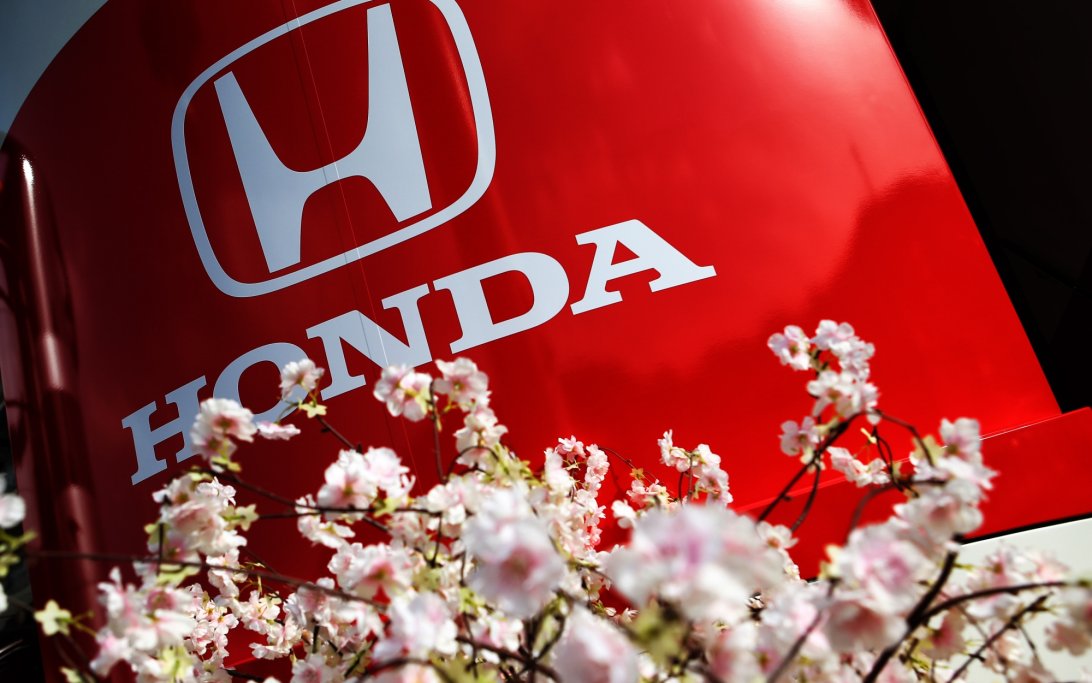
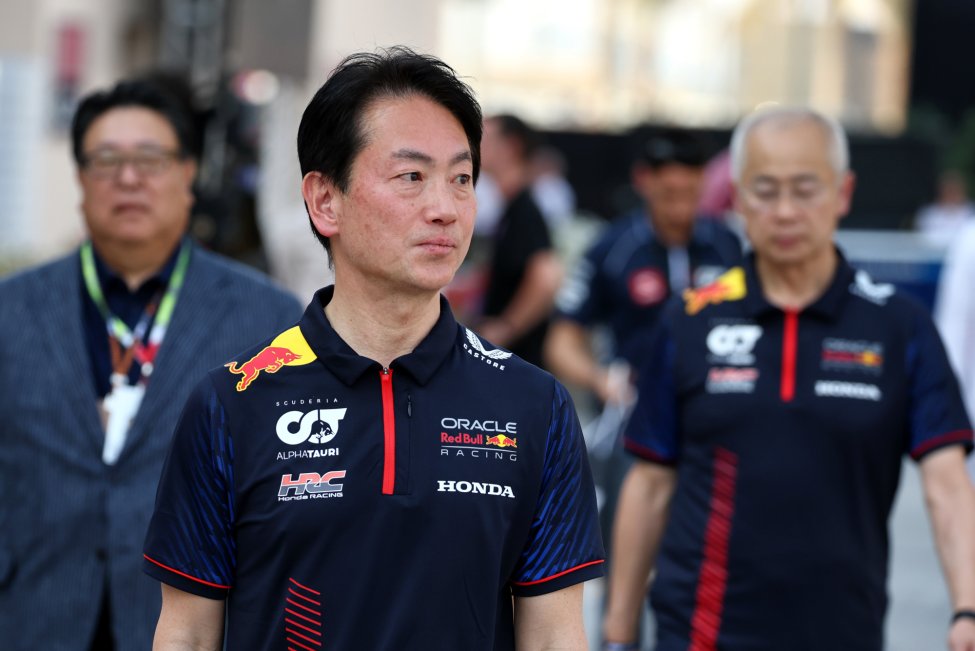

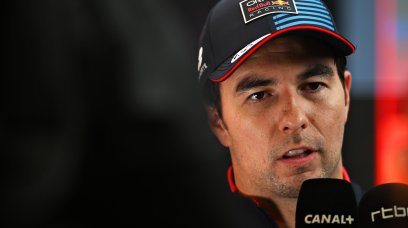

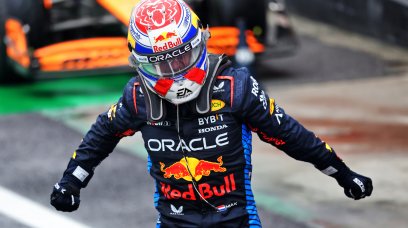
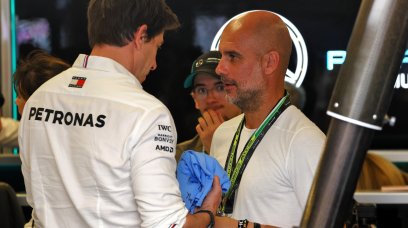
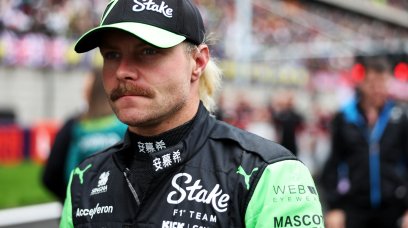













Join the conversation!